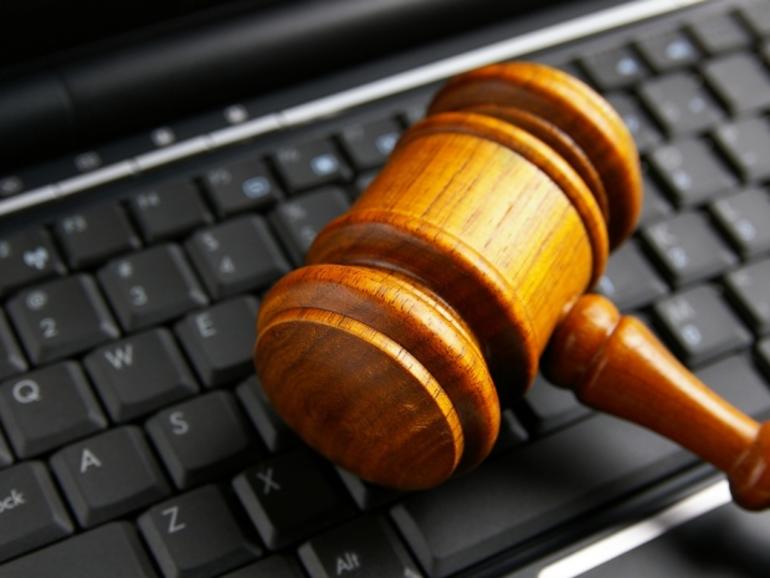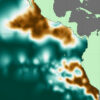Days after it was revealed Singapore’s law enforcement can access COVID-19 contact tracing data for criminal probes, the government now says it will pass legislation to specify when such access will be permitted. It is doing so to “formalise” its assurance that access to the data will be restricted to serious offences.
The new law would outline seven categories during which personal data, collected for the purpose of contact tracing, could be used by the police for investigations, inquiries, or court proceedings, according to the Smart Nation and Digital Government Office, which is parked under the Prime Minister’s Office.
These seven categories would comprise:
Offences involving the use or possession of corrosive substances or dangerous weapons, such as possession of firearmsTerrorism-related offences detailed under the country’s terrorism lawsCrimes in which the victim is seriously hurt or killed such as murder or voluntarily causing grievous hurtDrug trafficking offences that involve the death penaltyEscape from legal custody where the suspect may cause imminent harm to othersKidnappingSerious sexual offences
COVID-19 contact tracing data would not be used for police investigations, inquiries, or court proceedings outside of these seven categories, the Smart Nation Office said in a statement Friday.
It added that the legislation would be introduced at the next parliament session in February.
This move comes days after the government’s revelation that data gathered by the country’s contact tracing platform, TraceTogether, can be used for police investigations. The news contradicted previous assertions that the data would only be be accessed if the user tests positive for the virus and months after the contact tracing app was launched last March.
To date, more than 4.2 million residents or 78% of the local population have adopted the TraceTogether app and wearable token, with a recent spike in adoption likely fuelled by the government’s announcement that use of the app or token would be mandatory for entry into public venues in early-2021.
TraceTogether taps Bluetooth signals to detect other participating mobile devices — within 2 metres of each other for more than 30 minutes — to allow them to identify those who have been in close contact when needed.
In defending its decision to allow the police access to the data, the Singapore government said this was necessary to safeguard public safety and interest. It also revealed that the data already had been tapped at least once to assist in a homicide investigation.
In its statement Friday, the Smart Nation Office acknowledged it had made an “error” in not stating that data from TraceTogether would not be exempt from the country’s Criminal Procedure Code, which empowered the police to obtain any data for its investigations.
It said the new legislation would “formalise” the government’s assurances that the use of contact tracing data outside of its primary purpose would be restricted to serious offences.
Minister for Law and Home Affairs K. Shanmugam had said earlier this week that police access to TraceTogether data was restricted to “very serious offences”, given the “national importance” of the contact tracing platform in dealing with the COVID-19 pandemic. “While that requirement is not in the legislation, it will be carefully considered within the police and discretion will be exercised in seeking this information,” Shanmugam said.
Minister-in-Charge of the Smart Nation Initiative and Minister for Foreign Affairs, Vivian Balakrishnan, also pledged that once the pandemic was over and contact tracing data deemed unnecessary, the TraceTogether programme would be stood down.



